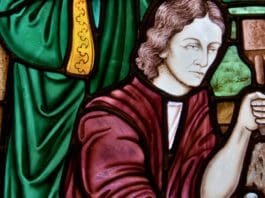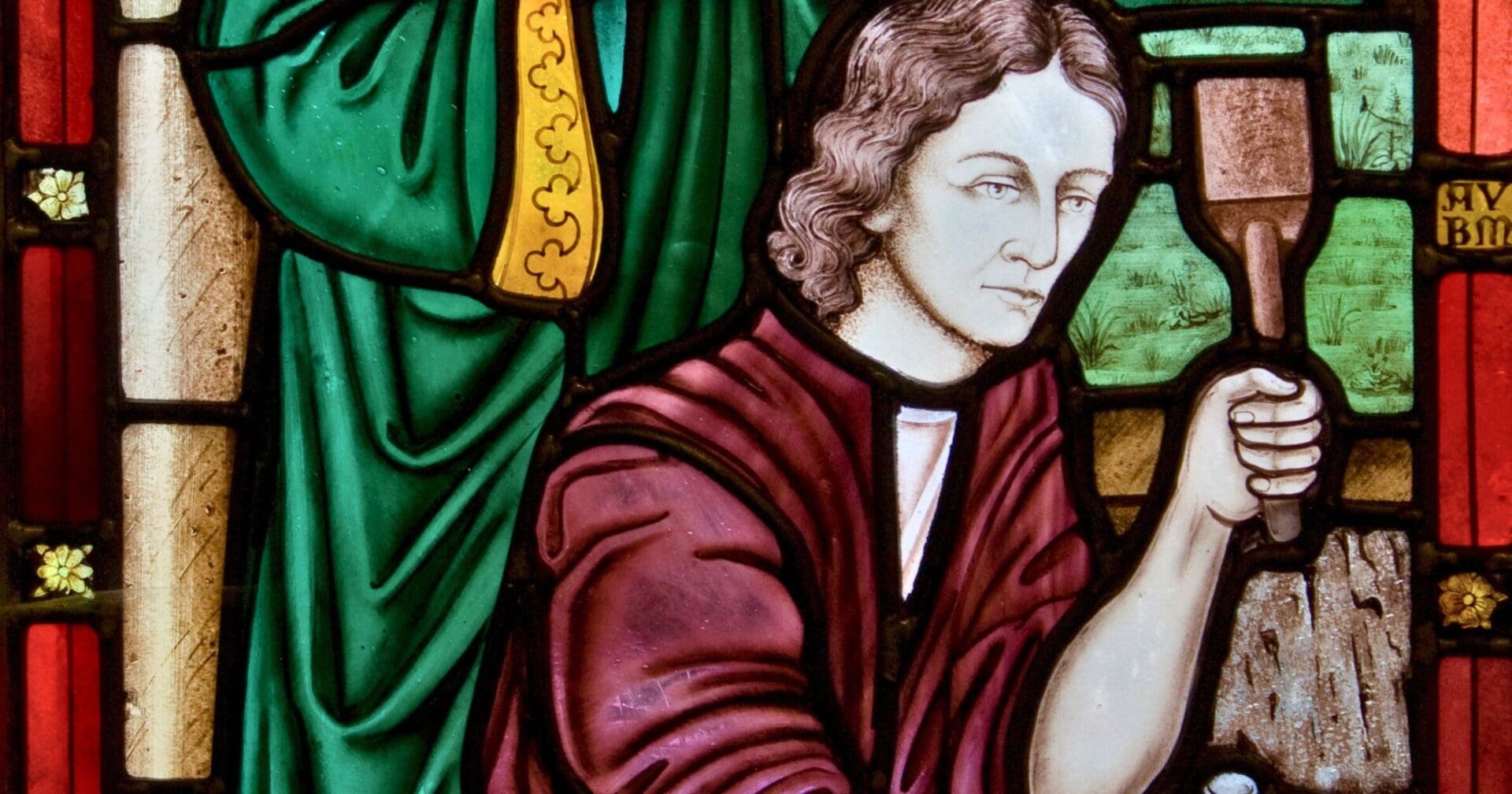
Nicholas Owens, known affectionately as “Little John,” stood small in physique but towered in the regard of his Jesuit brethren. Born in Oxford around 1550, Owens emerged as a beacon of hope for many Catholics in England during the penal era from 1559 to 1829, a time when practicing Catholicism could lead to severe punishment.
For two decades, Owens leveraged his craftsmanship to construct ingeniously hidden refuges for priests across England. Working solo as both the mind and muscle behind his projects, his creations were so masterfully concealed that priests remained undiscovered during searches. Owens had a knack for carving out safe havens—underground tunnels, crevices within walls, secret compartments—places so well hidden they seemed to defy discovery. His crowning achievement involved orchestrating the escape of two Jesuits from the Tower of London. Each of his projects commenced with the Holy Eucharist and unfolded with prayer, seeking divine guidance through the perilous work.
Years into his mission, Owens joined the Society of Jesus as a lay brother, a fact that remained a carefully guarded secret for obvious reasons.
Despite several close calls, Owens was eventually captured in 1594. Even under severe torture, he remained silent about his fellow Catholics. Released after a ransom was paid, he undeterredly resumed his mission. His final capture in 1606 led to his death under excruciating torture, a narrative the jailers attempted to twist into a confession and suicide. Nevertheless, Owens’s resilience and sacrifice became legendary.
In 1970, Nicholas Owens was canonized, celebrated as one of the 40 Martyrs of England and Wales.
Photo credit: Lawrence OP via Flickr
The post Saint Nicholas Owens appeared first on uCatholic.
Daily Reading
Friday of the First Week in Ordinary Time
Reading I 1 Samuel 8:4-7, 10-22a All the elders of Israel came in a body to Samuel at Ramahand said to him, “Now that you are old,and your sons do…
Daily Meditation
The Sabbath: A Time to Rest
Click here for daily readings In today’s Gospel, Jesus and His disciples walk through the grain fields on the Sabbath, and the hungry disciples begin to pick heads of grain…




